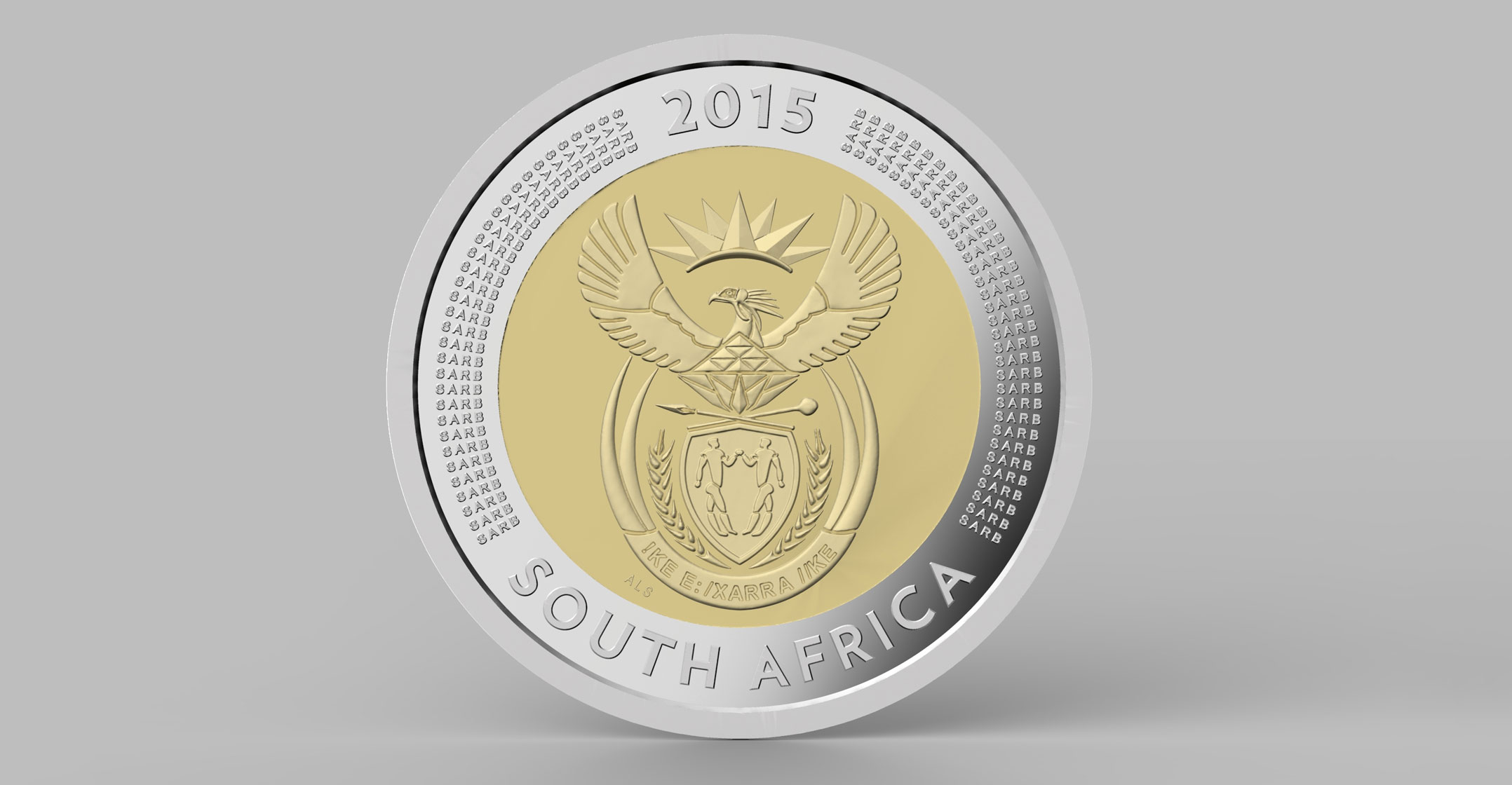
Bearish signs are stacking up for South Africa’s rand. Volatility is rising and with it the cost of protecting against a weakening currency, short positioning is soaring and foreigners are fleeing South African bonds at a rate last seen 18 years ago.
After outperforming emerging market peers for much of the year, the rand is falling into line as rising US treasury yields spark dollar strength, damping demand for riskier assets. The South African currency is down 5.6% against the dollar over the past month, and more pain is in store as the currency resumes its mantle as one of the most volatile in developing nations according to strategists at Nedbank.
“Our view for a weaker rand is now materialising, but we must admit that we are surprised by the speed at which it is taking place,” said Mehul Daya, a Johannesburg-based strategist at Nedbank. “We expect the trend to continue as the year progresses.”
The rand slipped 0.3% to R12.81/US$ by 12.24pm in Johannesburg, a third day of losses. Nedbank forecasts the currency at R13/$ by year-end, and warns it could come under “severe” pressure if the carry trade continues unwinding.
Three-month implied volatility for the rand versus the dollar has climbed to the highest level since December as traders hedge for wider swings in the face of a stronger dollar. The premium of options to sell the currency over those to buy it — known as the 25 Delta risk reversal — has also jumped as bearish bets outweigh bullish ones.
Not even the attraction of yields among the highest in emerging markets could stop bond inflows — which the country relies on to help finance a persistent current-account deficit — from turning to outflows. Offshore investors ditched a net R11.5bn of South African bonds last week, bringing outflows this year to R8.4bn. That’s the first time since 2000 that South Africa posted outflows in the corresponding period.
Short-rand positions versus the dollar jumped last week by the most since December to a three-month high, according to data from the Commodity Futures Trading Commission. — Reported by Colleen Goko, (c) 2018 Bloomberg LP




